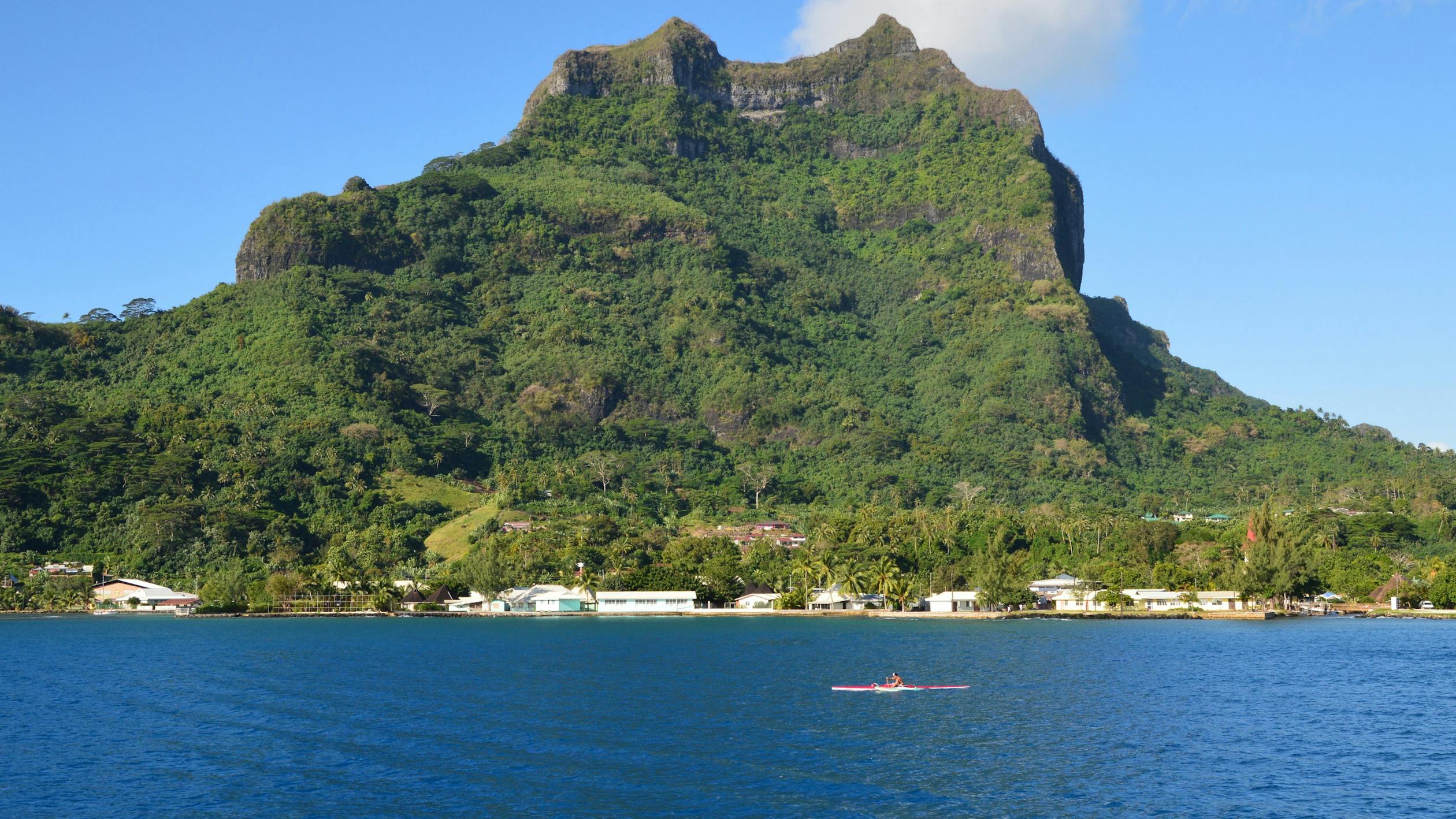
human resources for health
learn more about our efforts to attract and retain new providers while we also work to up-skill the current health and education workforce of micronesia

oral health workforce supply and demand
There is a growing demand for oral health providers within Micronesia, and in particular the Federated States of Micronesia. As the population continues to age and face non-communicable diseases which impact oral health status — such as increasing rates of oral and esophageal cancers from smoking and betel nut chewing, dental caries, periodontal disease, the risk of endocarditis associated with poor oral health, increased risk of heart attacks and stroke associated with dental plauques, and more — the demand for oral health providers will only increase.
To better understand how these increasing rates will impact the demand for oral health providers, in late 2023, a survey of the current oral health human resources in three of the states of the Federated States of Micronesia (FSM) (Pohnpei, Yap, and Kosrae) was undertaken by the DDFT program and partner staff from the Hawaii/Pacific Basin AHEC. One of the primary goals of this survey was to identify the number of oral health providers in these three states, including dentists, hygienists, therapists, and dental assistants with an eye towards assessing the current population of practitioners versus projected need, and thus identify where, and to what extent, shortages exist.
The results of this study showed that whilst additional data collection is needed in some jurisdictions, as well as the need to undertake an assessment of the oral health workforce in Chuuk, the largest of the four states of the FSM, it is clear from the data collected in this survey that there is an insufficient number of oral health providers at all levels in the three states of the FSM assessed, and that this coupled with an ageing workforce, suggests the need for ongoing investment in programs like the DDFT to both upskill the existing and future oral health workforce, but also to provide multiple entry, multiple exit opportunities for oral health workers to grow professionally across their careers as they seek to meet the oral health needs of their country.
The preliminary results of this study, along with projected provider needs, can be downloaded here. Please reference the DDFT program when downloading and making use of this data.

upskilling the oral health workforce
DDFT in partnership with I-Shou University and E-Da Hospital strive to upskill the local oral health workforce as a means of providing a sustainable and quality cadre of oral health providers. These providers will not only be able to provide a higher level of oral health care, but will also be well positioned to provide training to returning DDFT graduates who become dentists, dental therapists, and dental hygienists. In this manner, DDFT is engaging in a local approach of train-the-trainer which will allow Micronesians to provide a longterm supply of Micronesian providers who better understand the language and culture of the islands.
To accomplish this mission, dental staff from I-Shou/E-Da visit Pohnpei 5-6 times per year where they provide instruction and mentoring to local oral health staff. These visits, which are coordinated through local oral health directors, have been shown to be highly successful in surveys of oral health providers, and have also been shown to be excellent in increasing awareness and skills in new techniques and procedures. These visits are highly anticipated by both I-Shou/E-Da staff as well as local oral health staff.
In addition to visiting Pohnpei 5-6 times per year, staff from I-Shou/E-Da also provide monthly continuing professional development lectures via distance education to oral health staff. These sessions provide new information on cutting-edge oral health practices, but also follow-up on previous in-person trainings to provide additional mentoring and teaching.
As providers from Taiwan train the current dental workforce to an advanced level that will allow them to better support returning DDFT graduates who are not oral health providers themselves, it is anticipated that the program will increase the availability of dental providers by 25% by the year 2026.

visiting dental teams
Oral health teams, which include general dentists, as well as specialists, such as oral surgeons, endodontists, periodontists, and more visit Pohnpei 5-6 times per year from I-Shou Univeristy/E-Da Hospital. These teams of specialists provide training, as is noted above, but also provide direct dental services in concert with local oral health providers. This collegial working relationship allows dentists from Taiwan to provide mentoring and support of their local colleagues as they teach new techniques and skills, provide tertiary level care that would not otherwise be available to the people of Micronesia, and also consult in community dental prevention, such as caries awareness and screening and the mass application of fluoride.
The provision of direct dental services by visiting generalist and specialist dental teams from Taiwan will also have the impact of reducing the burden that local dental providers feel in attempting to meet the need for which there is not sufficient human resources for health. In this way, coupled with upskilling local dental providers, and providing an advanced network of providers who can train and mentor returning DDFT graduates in the future, the demand for oral health providers is predicted to be reduced by 25% by the year 2026, as noted above.

teledental services
Visiting general and specialist dental teams from Taiwan 5-6 times per year, coupled with ongoing monthly continuing professional development lectures, is anticipated to increase the efficiency and skill level of local providers. However, there remains a need for consultation from specialist dentists throughout the year to consult on difficult cases which otherwise would be beyond the scope of practice of the local generalist dental staff.
Currently, teledental services invovle making specialist dentists from I-Shou University/E-Da Hospital available to dental staff from across the FSM to provide consulting on difficult cases. Teledental specialists available include oral surgeons, periodontists, and endodontists.
It should be noted that one of the goals of the DDFT program is that future dental graduates will undertake post-graduate specialty training in either Fiji or Australia and then return to provide specialist care locally. Over time, it is hoped that sufficient numbers will complete this process to reduce the dependence of teledental consolations.

recruitment and loan forgiveness
Recruitment efforts of oral health providers are focused on a long-term approach of creating a sustainable supply of students entering into the glide-path program provided by DDFT direct from high school to DDFT, and direct from DDFT to dental school in Fiji, and from there direct to practice within the FSM. Dentists who have been practicing for a suitable period of time as generalists are then recruited for specialist training in Fiji in areas such as oral surgery, or in Taiwan and Australia for further training in specialties such as endodontics, periodontics, prosthodontics, dental anesthesia, dental pathology, and dental public health.
Like the DDFT program itself, these post-graduate studies are sponsored by various agencies such as WHO, AusAID, FSM National Government, FSM State Government, and others to provide the cost of attendance and living expenses. The expectation is that graduates will repay this investment by returning to live and practice in the FSM as a form of loan forgiveness. In this way, the sustainable supply of Micronesian providers is increased, as are the number of Micronesian providers who can act as mentors to the next generation of DDFT students and graduates on their journey to becoming the dentists and doctors of tomorrow.
Recruitment of dental providers from outside the FSM has traditionally focused on the Philippines as there is a strong Filipino expatriate professional population in the FSM. However, there have been cases of expatriate physicians and dentists from the United States seeking practice opportunities in the FSM owing to closer personal ties to the islands. It is anticipated that this may happen from time-to-time, and for those who are US credentialed it may be possible to secure loan forgiveness in the form of specifically written grants through the Hawaii/Pacific Basin AHEC. Demand for such would be explored on a case-by-base basis.
However, it should be noted that recruitment efforts will still largely focus on the DDFT pipeline given the propensity for greater sustainability through such a program as opposed to relying on expatriates. As such, it should be noted that loan forgiveness is not necessary for such graduates, as their studies will have been completely funded by governmental and non-governmental organizations.

upskilling higher education providers
The College of Micronesia-FSM is the only institution of higher learning in the FSM. As such, there is heavy reliance on COM-FSM to provide graduates who are either career-ready, or are ready to pursue higher education through programs such as DDFT. Given that DDFT employs international faculty with many years of experience in areas like problem-based learning, DDFT faculty frequently provide seminars and training on new teaching and learning techniques which are of value to the COM-FSM community. Additionally, DDFT faculty frequently act as mentors and supervisors to COM-FSM faculty who are completing additional studies at the graduate level as part of the commitment of DDFT to creating a sustainable educational and healthcare future for all of Micronesia.

research training and publications with local faculty
DDFT is committed to upskilling the faculty of COM-FSM in the areas of research and publication. Such peer-to-peer mentoring is of great value in fostering a collaborative working relationship, but more importantly in giving the next generation of Micronesian educators and leaders the tools they need to be successful in academia. As such, DDFT faculty frequently team up with COM-FSM faculty to conduct research and submit said research for publication. Below is a partial sample of publications since the DDFT program was inaugurated in 2017.
Social Epidemiology and Determinants of Health in Fiji: Social, Cultural, and Environmental Factors Influencing Public Health Status, Climate Change and Rates of Leptospirosis.
Sociocultural Epidemiology and Medical Anthropology of Multi-Drug Resistant Tuberculosis (MDR TB) in Developing and Low-Resource Settings: Correlates for Change and Model of Community Organisation-Based Interventions.
Preparedness of Hospitals for Response to Chemical Terrorist Incidents: Review and Recommendations.
Review and Critique of the World Health Organization’s DOTS Programme: Recommendations to Improve Patient Compliance in the Treatment of TB and MDR TB in Low-resource Settings.
Sociocultural Construction of Skin Cancer Risk Perception: Correlates and Recommendations for Community-Based Prevention Programmes.
School-Based Physical Activity Enhancement Programmes to Reduce Risk Factors Associated with Type 2 Diabetes in Developing Island Settings.
The Use of Community-Based Primary Care Clinics for the Prevention of Skin Cancers: A Model Proposal.

Ready to learn more?
Contact us to learn more about how we can help you meet your human resources for health needs in the Pacific